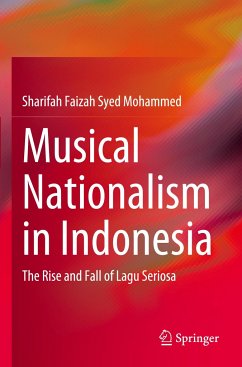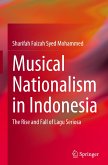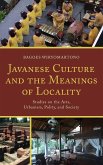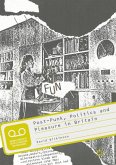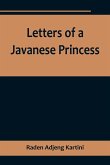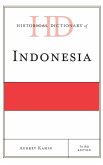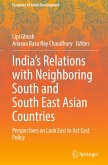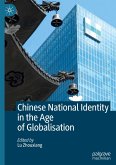This book charts the growth of the Indonesian nationalistic musical genre of lagu seriosa in relation to the archipelago's history in the 1950s and 1960s, examining how folk songs were implemented as a valuable tool for promoting government propaganda. The author reveals how the genre was shaped to fit state ideologies and agendas in the Sukarno and Soeharto eras. It also reveals the very significant role played by Radio Republik Indonesia in the genre's development and dissemination. Little research has been done to investigate how Indonesian music contributed to nation-building during Indonesia's immediate post-colonial period. Emulating the European art song, the genre was adapted to compose songs with the purpose of promoting a strengthened collective Indonesian identity, fostered by a group of musicians who functioned as gatekeepers, monitoring and devising various mechanisms for songs to conform to the propagandistic needs of the Indonesian government at the time. The result was the development of classical style of singing and the cultivation of a patriotic collection of music during the Guided Democracy period (1959-1965), which peaked at the height of the Konfrontasi (1963-1966). Lagu seriosa lost popularity as popular music infiltrated Indonesia in the 1970s, but it remains an iconic yet understudied aspect of the nationalistic agenda in Indonesia. The case studies of selected songs reflected continuity and change in musical style and over time. This book is of interest to scholars studying the intersection between history, politics, identity, arts and cultural studies in Indonesia. It is also of interest to researchers investigating the role of music in identity formation and nation-building more widely.

